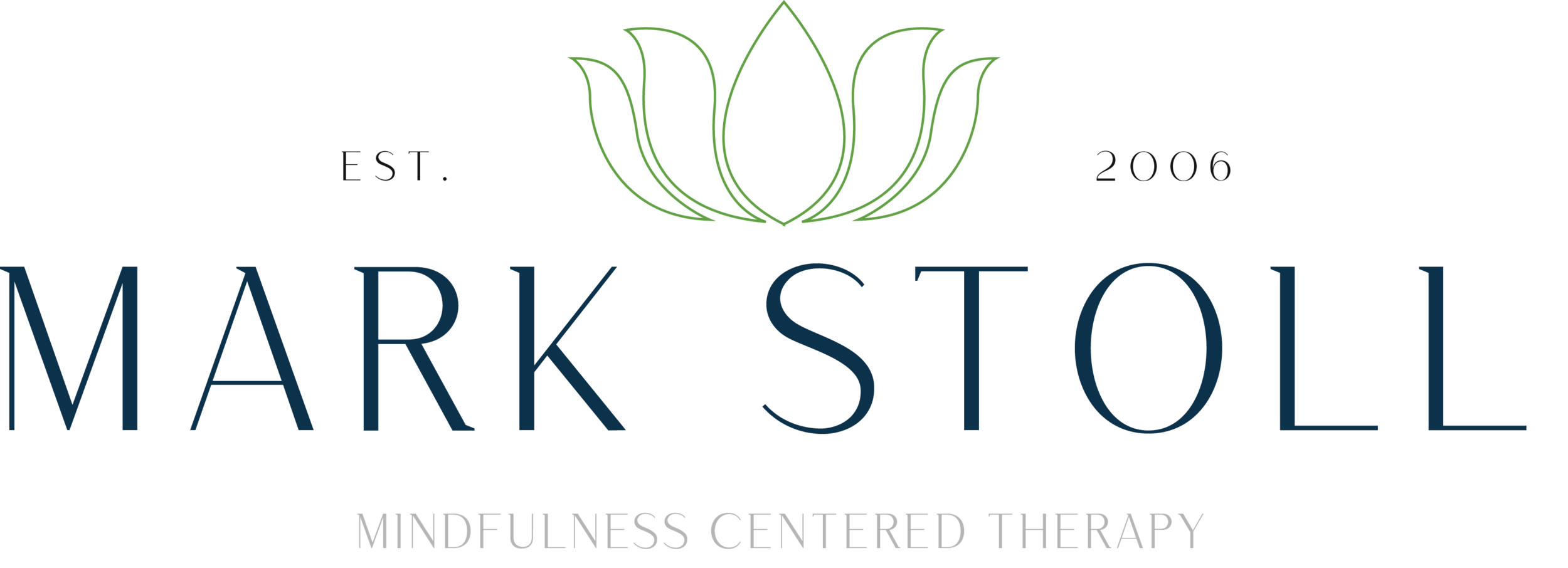Avoiding Happiness
What is your definition of happiness? Take a moment to think about what happiness looks like to you.
Next, simply ask yourself one question, “What would have to happen for me to be happy? What things need to be completed or need to go away? What will it ultimately take for me to be happy?” For some it would be getting the kids through school, for you it may be getting that certain task done, buying that beach house, new car, or boat, or maybe getting that medical procedure done? It doesn’t matter what your list looks like. So take the next few minutes to think about the things preventing your true happiness.
So this is your “preventing happiness” list. Look at your list on paper or in your mind. Now, feel how good it feels to experience all the things preventing happiness disappearing from the picture. With this, happiness would finally have arrived? So, do you truly believe if these things disappeared that happiness would overwhelmingly be in your life? You can easily imagine other things that would be nice to straighten out before becoming happy? That is the problematic issue with this “path clearing” approach to happiness; there will always be obstacles. There is always illness, aging, injury and internal and external conflict. You’re always in the process of becoming happy yet never actually become truly happy.
As an alternative, pose this simple and precise question for consideration, “Is it really true that these things have to happen in order for me to be happy? “ Or, “Is it possible that I could simply be happy now?” Right now in this moment, with all of your faults, relationship problems, responsibilities, worries and to do lists, you can actually let go of all of these and open up to being alive in this very moment. You can rest in a sense of purity, free from personal attachments and aversions. Please don’t dismiss this but give it a test and rest in the fundamental happiness that takes place prior to thinking, evaluating and analyzing.
If you want to go deeper, ask, “Is it also possible that the times, culture and family I was born into created my beliefs and values? Can I go through the beliefs and values I hold in order to clarify: are these mine, do I like these beliefs and see these values as important or was I just programmed? Have I taken on the beliefs and values that were given to me without questioning their validity? Can I let go of certain beliefs and values that I see were imposed and not necessarily self-chosen or even something I agree with?”
You may see the truth of how our personalities with our preferences, desires and dislikes are just constructs, concepts or personas. What word sits with you best or are you offended at the idea that you were conditioned to hold certain beliefs. Either way, would you at least be willing to ask yourself, “Is this possibly true? Does this even have the slightest potential to be true?” If the answer is yes then it might help to stop buying into all of your thoughts and feelings as though they were facts. See if you can stop believing that every thought and emotion you experience is real. Instead, try allowing thoughts and feelings to exist as mere biochemical reactions that are simply taking place. The idea is that you can have them but you don’t have to buy into them as facts but instead can see them as activities that are merely taking place.
So, if asked again what has to happen for you to be happy, how would you answer? Hopefully, you’re entertaining the notion that you could say, “Nothing”. Happiness is your birthright; it is your natural condition and is always already present but you’ve been searching for this precious gem everywhere. The big oversight is that you didn’t check yourself first because if you had, you would have found that it was with you the whole time. You already have everything you need to be happy, you just didn’t know because you were taught a belief that happiness is some elusive mystery that has to be sought out and earned. Wake up, look around and experience this present moment mystery.
Mark Stoll, LPC, NCC

